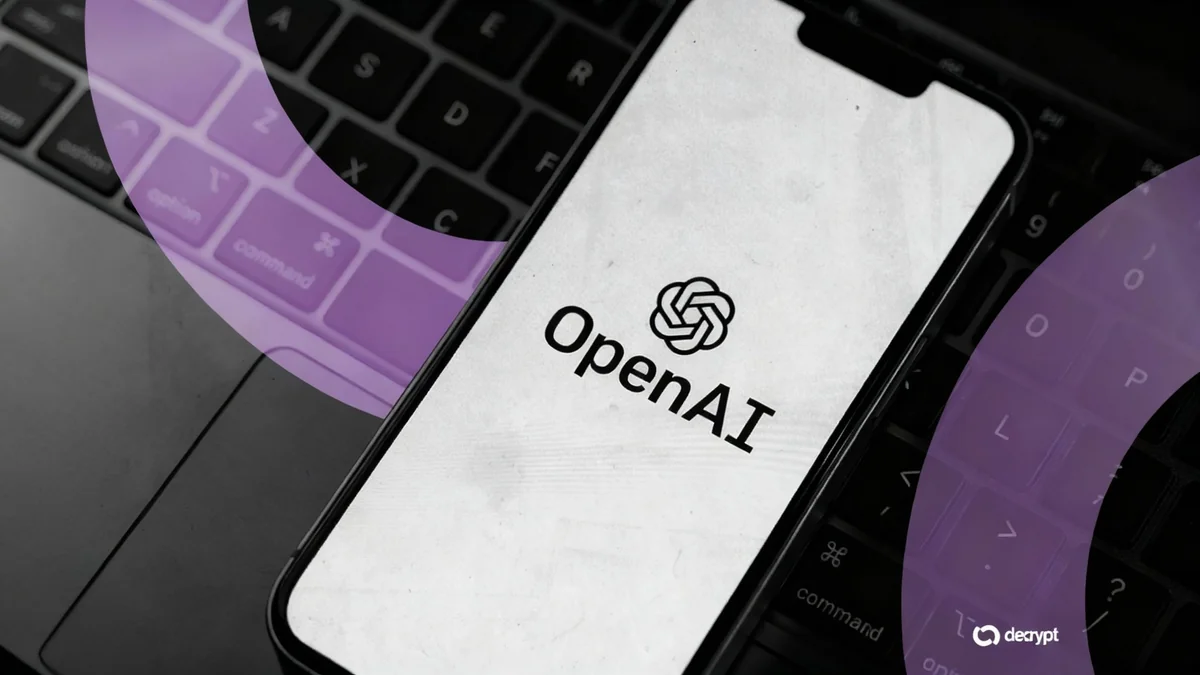The U.S. Department of Justice has seized approximately $15 billion worth of Bitcoin from cryptocurrency wallets connected to a massive international fraud operation. Prosecutors announced the seizure on Tuesday, describing it as the largest forfeiture action in the department's history.
The assets are linked to Chen Zhi, the alleged head of a Cambodia-based criminal organization that prosecutors say orchestrated a multi-billion dollar “pig butchering” scam. An indictment against Zhi was unsealed in a Brooklyn federal court, though he remains at large.
Key Takeaways
- The U.S. Department of Justice seized approximately $15 billion in Bitcoin, a record-breaking forfeiture.
- The funds are tied to Chen Zhi, founder of Prince Holding Group, who is accused of running a massive investment fraud.
- The operation, known as a "pig butchering" scam, targeted victims worldwide and caused billions in losses.
- Prosecutors allege the organization used forced labor and trafficked individuals in scam compounds based in Cambodia.
- Chen Zhi, also known as "Vincent," has been indicted but is not currently in custody.
Record-Breaking Forfeiture Targets Transnational Crime
Federal prosecutors in the Eastern District of New York have taken control of digital assets valued at an estimated $15 billion. The action follows an investigation into a sophisticated investment fraud scheme that allegedly victimized people across the United States and globally.
An indictment unsealed on Tuesday charges Chen Zhi with orchestrating the operation. According to court filings, Zhi is the founder and chairman of the Prince Holding Group, a multinational conglomerate based in Cambodia. Prosecutors allege that this legitimate business front concealed one of Asia's most significant transnational criminal organizations.
The U.S. Attorney’s Office stated that Zhi’s organization grew secretly while operating businesses in more than 30 countries. The seizure represents a major blow to the financial infrastructure of the alleged criminal enterprise.
Largest Seizure in History
The forfeiture of approximately $15 billion in Bitcoin is the largest single seizure of assets by the Department of Justice, highlighting the immense scale of modern digital financial crime.
Inside the 'Pig Butchering' Operation
The indictment details a classic “pig butchering” scam, a term used to describe a long-con investment fraud. Perpetrators contact victims through social media or messaging apps, often using fake identities and profiles to build a relationship over an extended period.
Once trust is established, the scammer introduces a supposedly lucrative cryptocurrency investment opportunity. Victims are persuaded to transfer funds to digital wallets controlled by the criminals with promises of high returns. In reality, the money is immediately stolen and laundered through a complex network of accounts.
What is a 'Pig Butchering' Scam?
The term comes from the practice of "fattening up the pig" before slaughter. Scammers build personal and often romantic relationships with their targets over weeks or months. After gaining their trust, they convince them to invest small amounts in fraudulent crypto platforms. Once the victim sees initial fake profits, they are encouraged to invest larger sums, which are then stolen.
According to U.S. Attorney Joseph Nocella, the scheme caused devastating financial harm. He stated that the operation fueled an illicit industry that has reached “epidemic proportions.”
“Prince Group’s investment scams have caused billions of dollars in losses and untold misery to victims around the world, including here in New York, on the backs of individuals who have been trafficked and forced to work against their will,” Nocella said in a statement.
The Human Cost of the Criminal Enterprise
Beyond the financial losses, the investigation uncovered severe human rights abuses. Prosecutors allege that the Prince Group operated several “forced-labor scam compounds” throughout Cambodia. Hundreds of individuals were trafficked and held against their will inside these facilities.
These captive workers were forced to carry out the pig butchering scams, often under the threat of violence. They were responsible for contacting victims and executing the fraud day after day.
Allegations of Corruption and Influence
The criminal enterprise was allegedly protected by a network of corruption. The indictment claims that Chen Zhi and other top executives at Prince Group used their political influence in multiple countries to shield their operations from law enforcement.
Prosecutors said the organization paid bribes to public officials to avoid investigation and legal action. This strategy allowed the multi-billion dollar scam to continue for a significant period without disruption.
The Department of Justice has emphasized its commitment to dismantling criminal organizations that exploit both financial victims and trafficked individuals. While Chen Zhi remains a fugitive, the massive asset seizure is a significant step in disrupting his alleged network. The investigation remains ongoing as authorities work to track down all individuals involved in the scheme.





